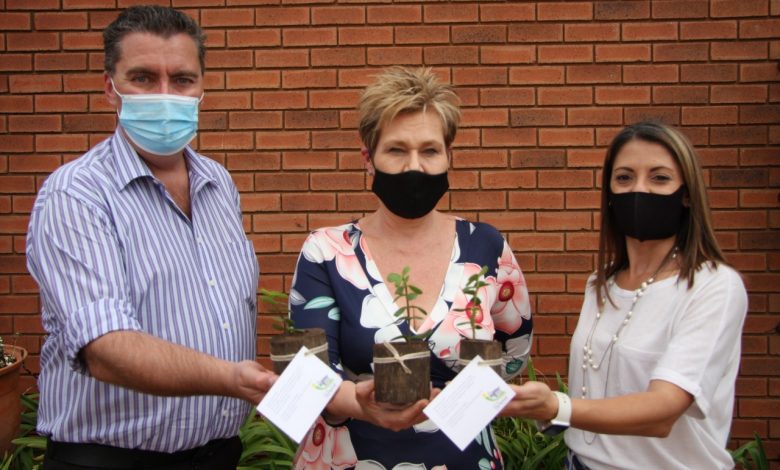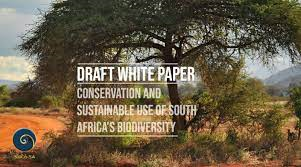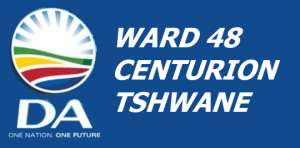Earth Day is held annually worldwide to celebrate the planet’s environment and raise public awareness about pollution.
It is held on 22 April and this year is its 51st anniversary.
“We need to focus on the need for conservation,” said Muller.
The first Earth Day was held on 22 April 1970 in the States and has since spread all over the planet.
“Scientists, non-governmental organisations, businesses, and governments worldwide are looking at natural system processes and emerging green technologies,” said Dana Wannenburg, Tshwane metro MMC for environment and agriculture management.
“These are aimed at restoring the world’s ecosystems and forests, conserve and rebuild soils, improve farming practices, restore wildlife populations, and rid the world’s oceans of pollution.
“Earth Day demands immediate action to be taken to tackle environmental challenges.”
Some of the environmental challenges faced by the metro today include:
– illegal dumping of waste in the rivers and on wetlands;
– wetland degradation through illegal development and informal settlements on wetlands;
– biodiversity loss, cutting down of trees;
– air pollution (through the burning of waste/coal stoves);
– alien invasive plants;
– unsustainable use of natural resources and littering.
Wannenburg said that a healthy environment is essential to support jobs, livelihoods, health and our own survival.
“A healthy planet is not an option, it is a necessity. Act now, change starts with a simple action.”
In line with Earth Day, the metro is asking residents to stop polluting rivers and wetlands.
“Wetlands play several important roles such as helping to reduce the impact of flooding, acting as sponges when it rains by holding and releasing water to rivers, and storing carbon.
“Wetlands are homes to many plants and animals. Healthy wetlands absorb pollutants and improve water quality.
“We have an obligation to manage our natural environment sustainably,” said Wannenburg.



















